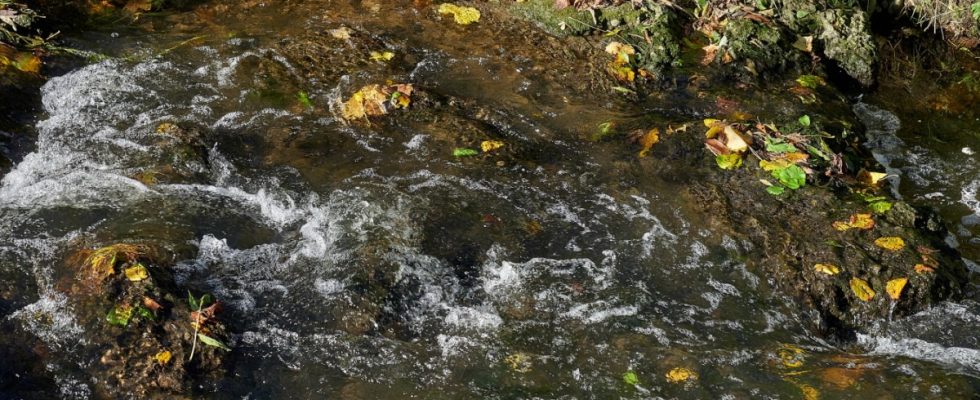The State Association for Bird and Nature Conservation (LBV) has called on the state government to invest more money and staff into the renaturation of small and medium-sized streams. “This is not just active flood prevention,” says LBV managing director Helmut Beran. “But it also promotes biodiversity and is very effective against increasing drought, including in Bavaria.”
The winter floods in Germany have once again shown what dramatic consequences heavy rainfall can have. However, such rainfall is becoming more and more common due to the climate crisis. “The risk of flooding in Bavaria has increased significantly in recent decades,” says Beran. “But the Free State primarily relies on technical solutions such as the construction of retention basins, rather than on natural protection such as the rewetting of moors or the renaturation of streams.”
The LBV has long been demanding that the Free State restore at least 10,000 kilometers of streams to as natural a state as possible by 2028. Only the municipalities, which are usually responsible for this, are not making any progress. According to the State Office for the Environment, which is also responsible for water bodies in Bavaria, half of them do not even have a concept of how to deal with the streams in their area. They actually have to submit such concepts in accordance with the European Water Framework Directive. And the Free State is therefore obliged to significantly improve the ecological quality of surface waters and thus also streams by 2028.
Rivers, small and medium-sized streams in Bavaria have a total length of around 100,000 kilometers. Of course, at least three quarters of them are channeled and straightened. In the past, small streams and ditches have often even been laid in pipes. The aim of all the measures: the water should be drained from the landscape as quickly as possible. As a result, the streams are no longer able to hold back flood waters and sometimes even increase the danger because the water drains away so quickly that during heavy rain, dams and dikes in their lower reaches are overwhelmed and they quickly overflow their banks.
The LBV also criticizes the fact that moors are still being drained and wet meadows are being drained so that farmers can achieve better yields. “This means that the Free State is not only doing massive damage to flood protection,” says Beran, “but also to climate protection and biodiversity.” Intact moors not only retain a lot of water, but are also first-class CO₂ reservoirs. At the same time, they are a refuge for numerous threatened and strictly protected species such as the snipe and the sundew.

